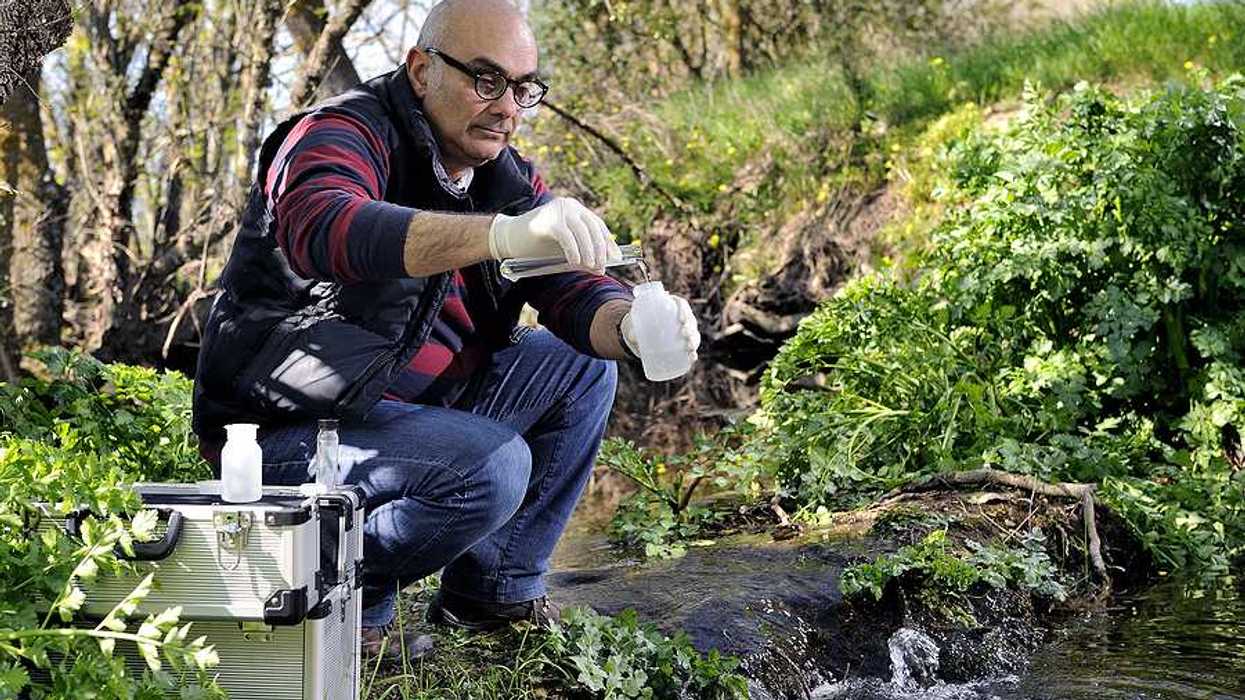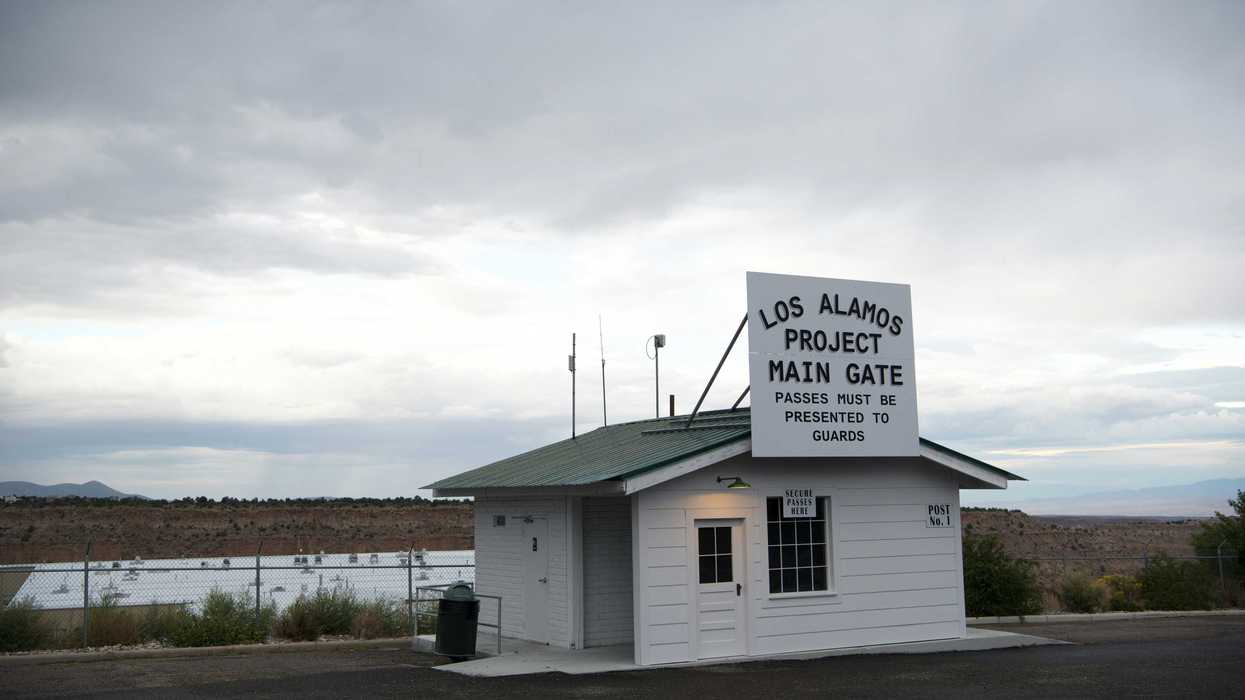A top human rights court found Ecuador violated the rights of uncontacted Indigenous peoples in the Amazon and ordered stronger protections for their land and safety.
Maxwell Radwin reports for Mongabay.
In short:
- The Inter-American Court of Human Rights ruled that Ecuador failed to protect the nomadic Tagaeri and Taromenane communities from violence, oil drilling, and illegal logging.
- The court ordered Ecuador to expand protected zones, monitor threats more effectively, and train officials to respect the rights of uncontacted peoples.
- The ruling stems from attacks, including the 2013 kidnapping of two Indigenous girls, and years of extractive activity encroaching on Indigenous land.
Key quote:
“Respect for the principle of non-contact as a manifestation of the right of [uncontacted communities] to self-determination doesn’t mean abandoning this population to its fate.”
— Inter-American Court of Human Rights
Why this matters:
The survival of uncontacted Indigenous groups like the Tagaeri and Taromenane hangs in the balance as oil extraction and logging push deeper into their rainforest territory. These communities depend entirely on intact ecosystems and isolation for health, safety, and cultural preservation. Forced contact often brings violence, disease, and displacement. Ecuador’s constitutional protections have long failed to hold back economic pressure, and the court's ruling raises fresh questions about how nations should balance resource extraction with Indigenous sovereignty and environmental stewardship.
Learn more: Ecuador ordered to protect uncontacted Indigenous groups from oil drilling














